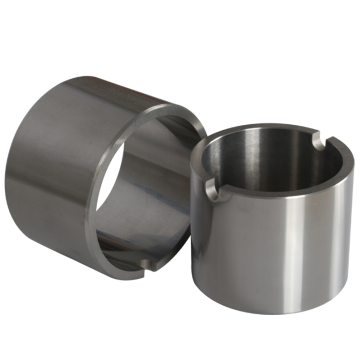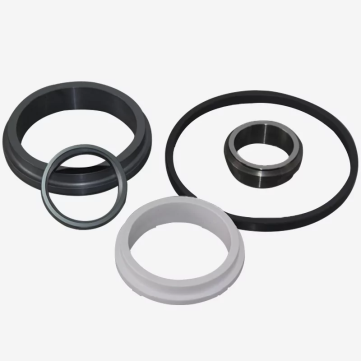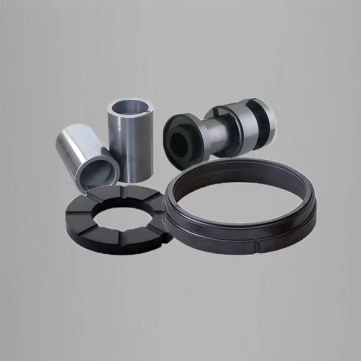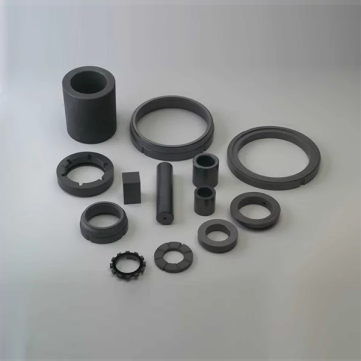Are you tired of constantly dealing with mechanical seal failures? Do you find yourself replacing parts more often than necessary? Look no further! Junty Industries Ltd. has got your back when it comes to choosing the right mechanical seal parts. In this blog post, we’ll guide you through the top considerations to consider when selecting mechanical seal parts that will save you time and money in the long run. So sit tight and get ready to learn from the experts at Junty!
What is a Mechanical Seal Part?
A mechanical seal part is a key component of any hydraulic system and should be chosen carefully to ensure proper performance. Here are some factors to consider when selecting a mechanical seal part:
- Type of seal
There are three types of mechanical seals: ball-and-socket, taper-joint, and poppet valve seals. Ball-and-socket seals are the most common and use a ball joint to move along the axis of the seal ring. Taper-joint seals use two balls that fit into recesses in each other’s rings, while poppet valve seals use a poppet plunger that slides up and down in its housing.
- Pressure rating
The pressure rating tells you how much pressure the seal can tolerate before it fails. The higher the pressure rating, the stronger the seal will be. Most hydraulic systems need a 600 psi (4 bar) pressure rating.
- Size of Seal Ring
The size of the seal ring is important because it affects how much oil or fluid can flow through it. Smaller rings can only handle small amounts of fluid, while larger rings can handle more fluid. You want to choose a size that will fit your application perfectly.
What are the Advantages of using a Mechanical Seal Part from Junty?
If you want to improve your sealing performance and reduce downtime, using the right mechanical seal parts from Junty is essential. Here are some of the advantages to consider:
- Durability and Reliability: Mechanical seals are designed to last longer than other seals, which means you’ll have fewer problems with them over time. They’re also more reliable in terms of not breaking down or malfunctioning.
- Increased Efficiency: Mechanical seals work more efficiently than other seals, which can handle higher pressures and temperatures without failing. This can lead to increased production rates and decreased downtime or equipment replacement costs.
- Improved Performance: When choosing a mechanical seal part from Junty, make sure that you select the best option for your application. Some options offer better performance than others regarding temperature tolerance, pressure resistance, and compatibility with other components. This can lead to improved overall sealing performance and greater efficiency in your operations.
What are the Features of a Mechanical Seal Part from Junty?
Looking to buy a mechanical seal part from Junty? Here are some key considerations to keep in mind:
Material compatibility: Not all materials are compatible with all seal parts, so be sure to select the appropriate part for your application.
Product features: Certain product features, like pressure ratings or size options, can affect the performance of a seal part.
Functionality: Make sure the seal part fits your application and meets your needs. For example, some seal parts are designed for high-pressure applications while others are suited for lower pressures.
How to Choose the Right Mechanical Seal Parts from Junty?
Mechanical seals are typically used in various industrial and commercial applications to ensure the integrity of systems. When choosing the right parts, it is important to consider various factors, including application, type of seal, and seal size.
Application:
The first consideration when choosing mechanical seals is the application. Mechanical seals can be found in various industries and commercial applications, such as oil and gas, food manufacturing, pharmaceuticals, transportation, and more. It is important to select the correct seal for the application.






